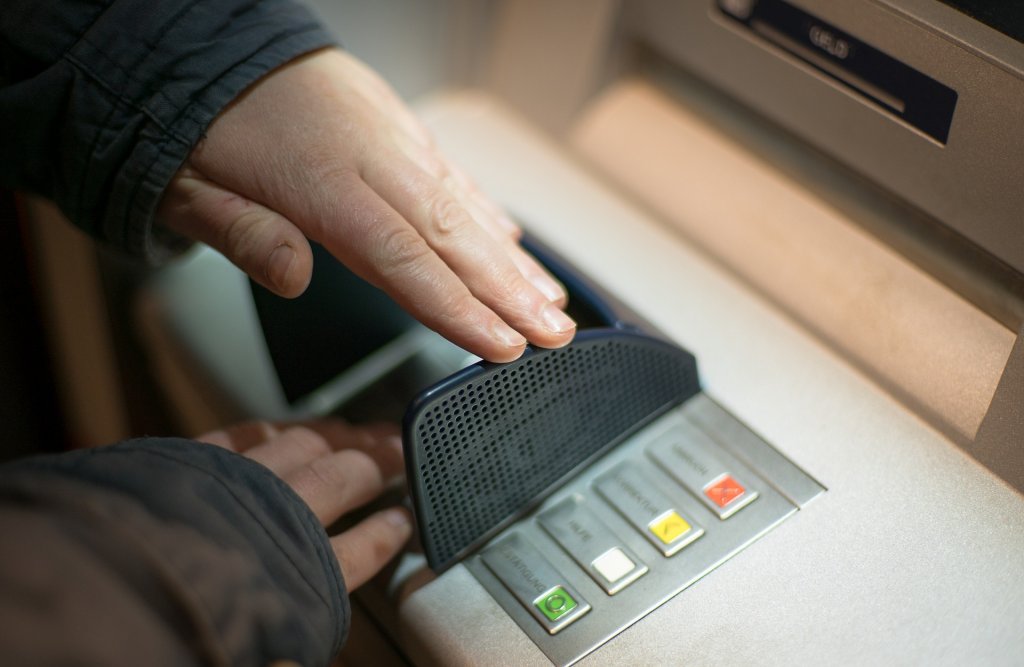
However, in the last few months we’ve seen a rise in the less-legitimate cousins of such calls and emails – people who are attempting to scam you out of your money. Nowadays, people looking to scam you aren’t pretending to be wealthy princes from Nigeria. Scams have become much more sophisticated and harder to detect, to the point of even being able to emulate legitimate organisations. So, with that in mind, we thought we’d put together a list of tips and tricks that you should always be mindful of when dealing with money and potential scams:
A lot of scams will try and pressure you into acting without thinking. They’ll claim that you’re on a time limit, or that you’ll be fined if you don’t do something within the day. Real organisations, especially Government ones, don’t work like that. They’ll send you multiple notices of any issue to ensure that you know well in advance. Don’t panic – stop, think, and clarify.
One of the key tools in a scammer’s toolbox is confusion and misinformation. Part of the reason that HMRC are such a popular choice for scammers to imitate is because the average person doesn’t have the level of specialised tax knowledge and process that an accountant does. It’s always worth reaching out to an expert for an extra opinion on anything you’re suspicious or unsure about, whether that’s an accountant, an IT specialist, or any other topic.
Scammers don’t always immediately want to take your money. Many times, what they’re after is information – they want your passwords, your access codes, your bank details. Anything they can use to get access to your databases and the sensitive data therein. One of the biggest tools they use to do that is “phishing” – pretending to be one organisation or another, and asking you to “confirm” details. The way to counteract this is simple – if you didn’t ask for the contact, don’t give out your details. Companies don’t need to ask for you to confirm the details that you already have on file with them!
There can be a temptation with scam calls and messages to think “what if it is real?”, and get yourself wound up about it. What you actually want to be thinking is the opposite. If you can’t confirm the legitimacy of the claim or request, then you should be assuming it’s false. After all, it’s your business and your money, so if they can’t prove it, then better safe than sorry!
This isn’t a catch-all list of things to watch out for. Scammers are getting more and more sophisticated, and their tactics are changing regularly. Any business owner should always be aware of the potential for scams, and ensure they’re keeping their company safe.